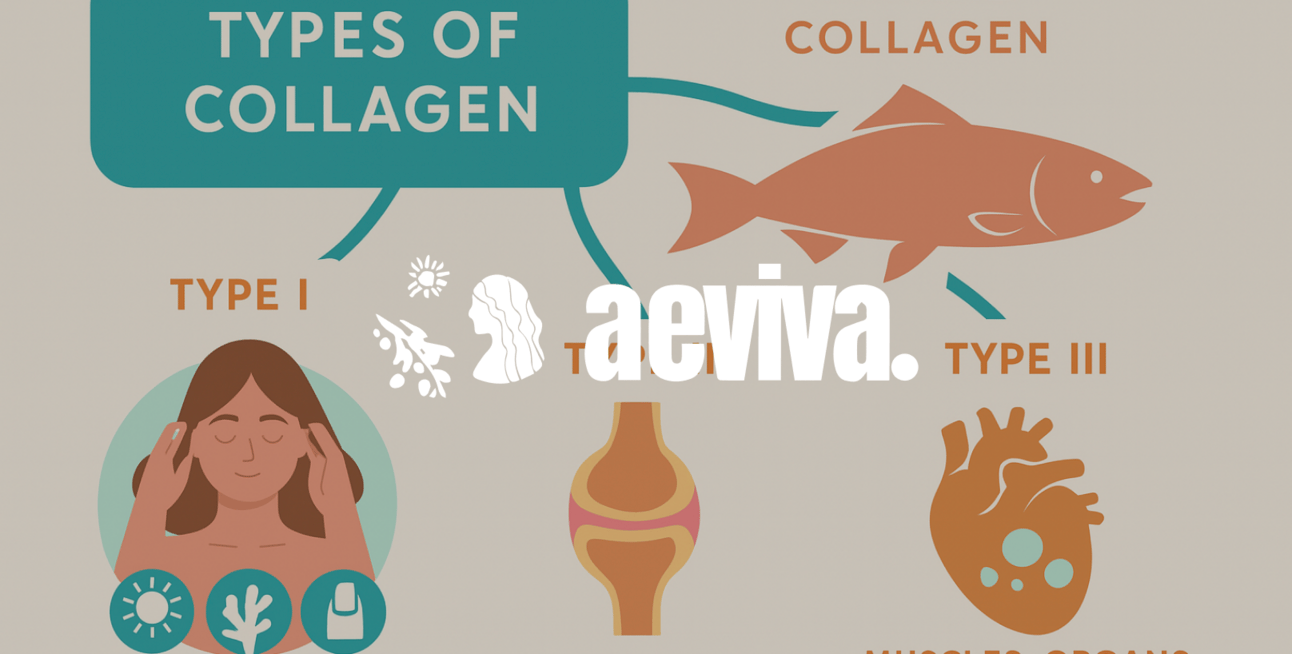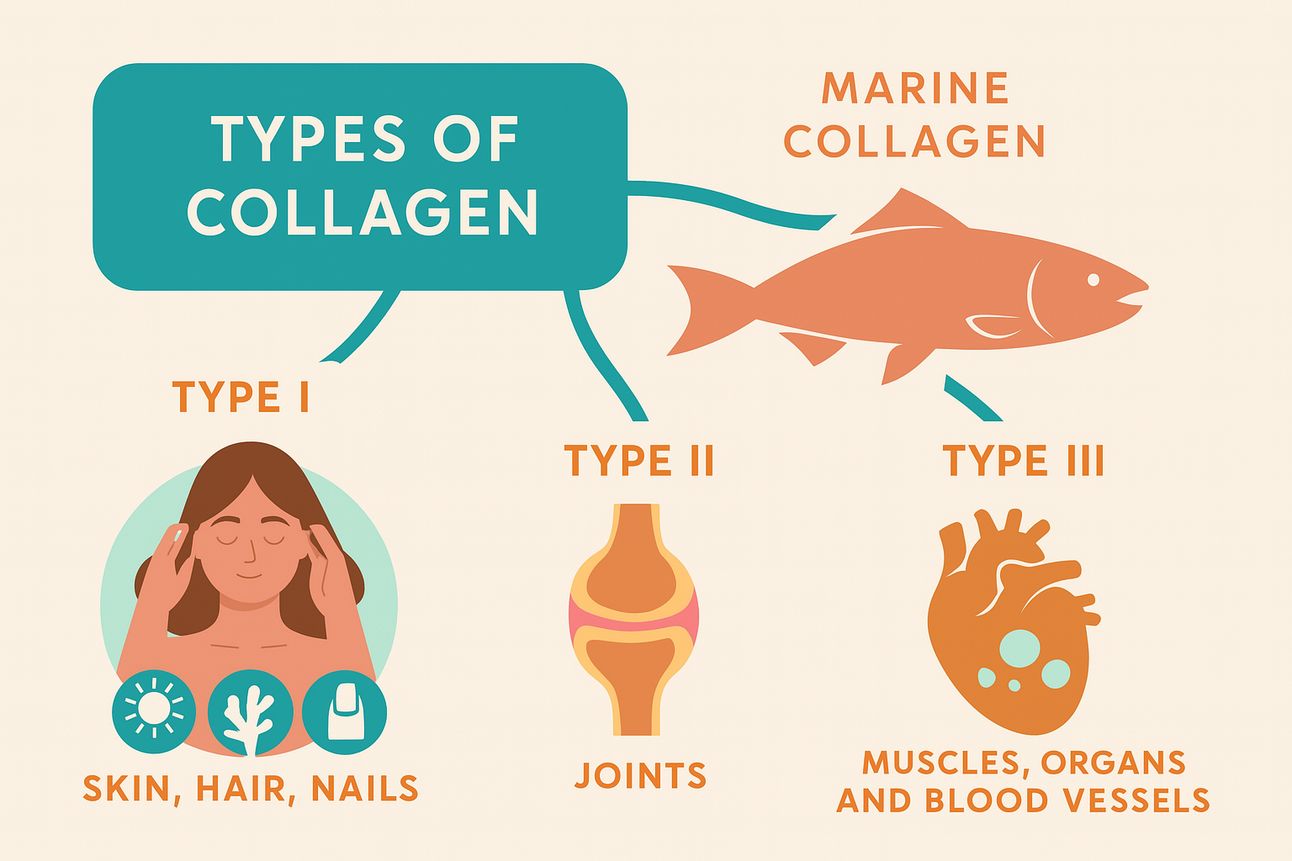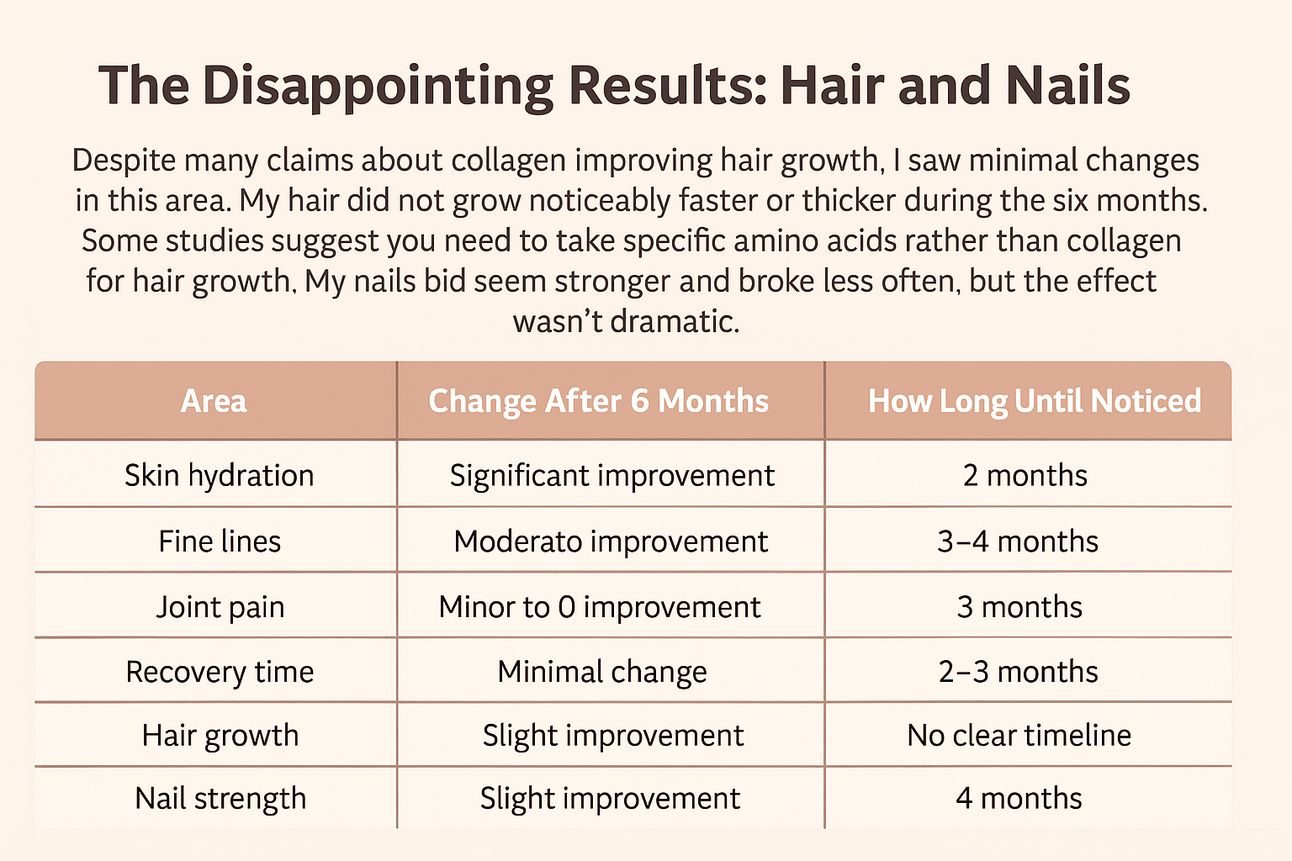- Aeviva
- Posts
- I Took Collagen for 6 Months. Here’s What Actually Changed
I Took Collagen for 6 Months. Here’s What Actually Changed
Discover which benefits are real and which are just expensive myths.

Collagen has become one of the hottest supplements in recent years. You can find it in powders, pills, gummies, and even coffee creamers. Many people take collagen hoping for better skin, stronger nails, healthier joints, and thicker hair. 💊 🔍
I decided to try it myself for six months to see what would really happen. Before starting, my skin was showing fine lines, my joints ached after workouts, and my hair seemed thinner than before. I took 10 grams of collagen peptides daily, mixing the unflavored powder into my morning coffee. Here's what actually changed, what didn't, and what science says about this popular supplement. 🧪
Guess Which Wedding Suit Costs $1,200
The answer might surprise you. The suit on the right is from The Black Tux at under $500. The one on the left? Some designer brand charging $1,200 for virtually identical construction and styling.
Your wedding day deserves the perfect suit, but your bank account deserves the smart choice. Why pay luxury prices when you can look just as sharp for half the cost?
What Is Collagen and Why It Matters
Collagen is the most common protein in your body. It works like glue that holds your body together. You can find it in your skin, bones, muscles, tendons, and blood vessels. Think of collagen as the scaffolding or framework that gives your tissues structure and support. As we get older, our bodies make less collagen.
By age 40, most people produce about 25% less collagen than they did in their youth. This natural drop explains many signs of aging like wrinkles, joint pain, and weaker muscles. This is why many people turn to supplements hoping to replace what their bodies no longer make enough of. 🧬 🕰️
Fun Fact: Collagen makes up about 30% of all the protein in the human body and 70% of the protein in your skin.
The Different Types of Collagen Supplements
Not all collagen supplements are the same. Most products use collagen peptides or hydrolyzed collagen. These are collagen proteins broken down into smaller pieces that are easier for your body to absorb. The most common sources of collagen in supplements are cows (bovine), pigs (porcine), chicken, and fish (marine).
Each type has slightly different amino acid profiles. Type I collagen is best for skin, hair, and nails. Type II helps with joints. And Type III supports muscles, organs, and blood vessels. Marine collagen is often considered better for skin because it has smaller peptides that may be absorbed more easily.
The supplement I chose contained Types I and III from grass fed cows. 🐄 🐟

Fun Fact: Your body contains at least 28 different types of collagen, but types I, II, and III make up 80-90% of all the collagen in your body.
What Actually Changed: Skin
The most noticeable change was in my skin. After about two months of taking collagen daily, my skin felt more hydrated and the fine lines around my eyes seemed less visible. I wasn't imagining this effect.
A 2019 study in the Journal of Drugs in Dermatology found that women who took collagen supplements for 12 weeks showed a 12% increase in skin hydration and significant reduction in wrinkle depth.
The collagen seemed to help my skin retain moisture better, giving it a plumper appearance.💧 ✨ Friends started asking if I had changed my skincare routine. 😄
What Actually Changed: Joints and Recovery
As someone who exercises regularly, I was surprised by the lack of noticeable changes in my joints. Before starting collagen, my knees would occasionally feel stiff after running, but nothing serious. After three months of collagen, I didn't experience any significant difference in joint comfort or recovery time. This might be because my joint health was already quite good from years of consistent exercise. However, this doesn't mean collagen doesn't help joints. 🏃 🦵
Fun Fact: The word collagen comes from the Greek word "kolla," which means glue, because when collagen is boiled, it turns into gelatin – the main ingredient in Jell-O.

Daily News for Curious Minds
Be the smartest person in the room by reading 1440! Dive into 1440, where 4 million Americans find their daily, fact-based news fix. We navigate through 100+ sources to deliver a comprehensive roundup from every corner of the internet – politics, global events, business, and culture, all in a quick, 5-minute newsletter. It's completely free and devoid of bias or political influence, ensuring you get the facts straight. Subscribe to 1440 today.
How would you rate our work?
How helpful and interesting did you find the topics in this newsletter? |
How did you feel about the length and structure of the newsletter? |
After six months of taking collagen daily, I found that some benefits lived up to the hype while others fell short. The most significant improvements were in skin hydration. The changes weren't dramatic overnight transformations, but gradual improvements that built up over months.
While collagen isn't a miracle cure for aging, it does seem to support the body in areas where collagen naturally plays an important role. If you're considering trying collagen, set realistic expectations and give it at least 2-3 months to see effects. Like most supplements, individual results vary depending on age, lifestyle, and overall health. 🔎 🧠
Take-Home Summary
Collagen supplements need to be taken consistently for at least 2-3 months before judging results
The most scientifically supported benefits are for skin hydration
Not all claimed benefits (especially for hair) are well supported by current research
Choose supplements with Types I and III for skin benefits or Type II for joint support
Results vary between individuals based on age, diet, lifestyle, and genetics
Quality matters: look for hydrolyzed collagen from reputable sources with third party testing
Collagen supplements work best when combined with a healthy diet, adequate vitamin C, and sun protection


Reply